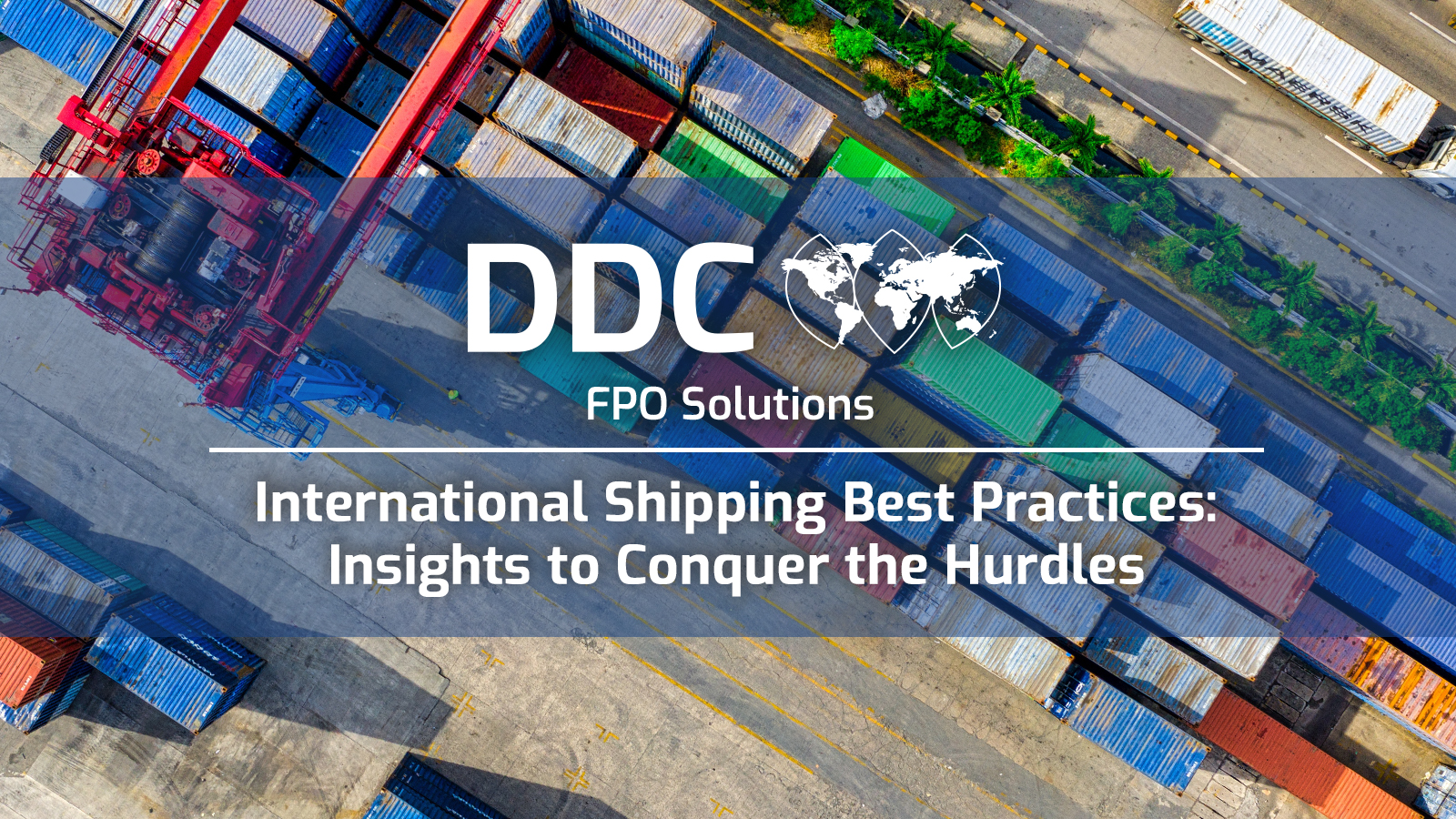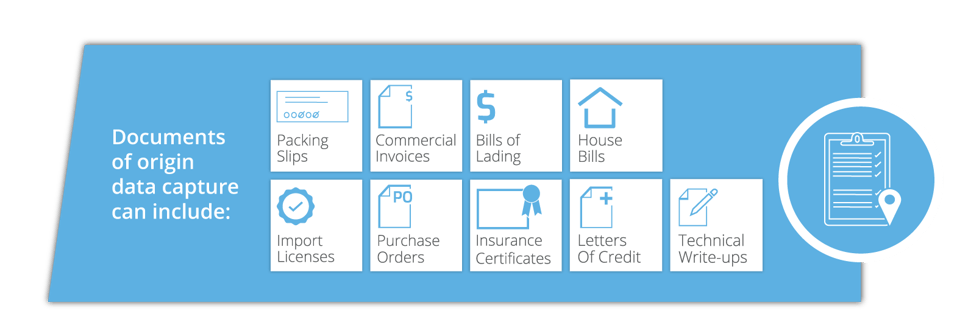International Shipping Best Practices: Insights to Conquer the Hurdles

International shipping hurdles are a necessary evil of the global supply chain, but understanding the common and avoidable headaches can help freight companies thrive in the international market.
Here's how to mitigate the top 5 most common risks to international cargo delivery:
1. Accept no excuses for unfamiliarity with customs regulations
One of the most common setbacks to timely delivery of international shipments is getting cargo stuck at the border. These hold-ups could last days, weeks, or even months.
To prevent stalls in fulfilling your promises to customers, your team needs to stay up-to-date on the development of and changes within all laws and regulations governing taxation, importing, and exporting of goods.
2. Abide by – and enforce - the guidelines
It’s essential that your customers remain mindful of country-specific guidelines of prohibited items in the destination country. Maintaining open communication is key, and if you suspect they may be overlooking these rules, don’t hesitate to bring it to their attention. Bypassing these guidelines will likely result in the shipment being stuck at the border, the authorities being called, or the questionable items confiscated. Fines can quickly add up (and it gets expensive), and you’ll likely be the one left with the bill.
It’s equally important to make sure the value of goods is as accurate as possible. Customs officials use the stated value to clear the shipment and determine the duties and taxes and undervalued shipments are taken seriously by authorities (and will likely result in the goods being seized and/or excessive fines issued).
3. Double and triple check your documents to ensure that the important fields are correct
In order to avoid revenue disruptions, it’s crucial to make sure all fields are complete and accurate.

4. Know your cargo coverage terms like the back of your hand
It’s not uncommon for items to get damaged or go missing in transit. While shippers purchase insurance to cover their cargo, many forwarders consider an insurance policy to cover their transportation assets and the cargo carried at the moment of a loss or damage situation. It’s critical to review policies carefully prior to a loss and not wait until a claim is filed to read the declaration.
For example, do you have liability for natural disasters or vehicle accidents? What about a pandemic? How does the Carmack Amendment impact your liability?
Some of your shippers may want to secure extra cargo insurance to protect their goods. In this case, land cargo insurance likely won’t cut it. If you’re responsible for moving their freight internationally, you’ll want to make sure your marine cargo insurance policy also protects you.
5. Prioritize the quality and timeliness of data capture from the start
Move shipments through Customs with fewer snags by recognizing and upholding the value of back office functions at both the point of origin and at Customs.
Point of Origin: When the documents are imported from the origin, the accuracy of the audit and entry of the data is essential for the shipment to be properly processed and begin its international route.

Customs Clearance: The important fields on the documents for Customs’ review must all be correct and in compliance to avoid any setbacks. This involves:
-
Intaking and translating shipment information from documents within their system
-
Classifying the shipments and applying the correct tariff code and QA for all documents for accuracy
-
Auditing and submitting the data to effectively relay shipment to Customs
Maintaining your operation with limited resources while implementing the 5 best practices on this list may seem impossible, but they are vital to your long-term business health. To alleviate the stress but realize the benefits, look to an external partner.
An experienced business process outsourcer (BPO) can provide massive savings while simultaneously increasing productivity, accuracy, communication, safety. They will work as an extension of your team and help you reach your accuracy and efficiency goals through the remainder of 2020.
Connect with Us
DDC FPO is a trusted strategic partner for transportation and logistics companies worldwide. Discover how we can help with customs and trade compliance.
How Can We Help You?
Get in touch to learn how we can support your success.
Get Started
